|
In the siege to the city of Tyre, facing fierce resistance, Alexander the Great had a dream with a satyr dancing furiously. The Alexander official oneirocritique, Aristander conducted a astute reading of the dream, saying that the satyr was not a symbol or an image but a phrase: “sa Tyros”, Tyre is yours. The interpretation nears the dream field and transforms the oneiric activity, surpassing the mere image of vague symbolism. The old dream of Alexander and it’s translation by Aristander could have come from any of the Thomas Strømsholt tales, an extraordinary player, performer, creator and replicator of dreams. His books, O Altitudo, “Inflammable Materials” (from the collection Infra Noir) and Splinters of Horn and Ivory have a curious resonance between the beauty of editorial solutions and the wonder of narrative constructions. The brief narratives of this books – close to the Baudelaire petits poèmes en prose and the surrealists récits, but far away because the unique formal and narrative approach by Strømsholt – changes before our eyes full with astonishment, as the everyday dream that goes beyond the hours of sleep and remains vivid in our consciousness.
Most of the pieces were fashioned from entries in my dream journal, recordings of dreams that only needed a little polishing to make them enjoyable (I hope), while others were the daydreamy germinations of whatever came to my mind at the moment of writing, hence the shifts in tone, style and content. But I did work toward a unifying theme for the book, that theme being, as you so correctly identify it, metamorphosis of some kind or other. We tend to view the world as made up of hard and clearly delineated objects and ourselves as solid bodies with fixed identities. A whole other way of viewing existence is presented in the Metamorphoses, a poem that I love very much and keep returning to. Not only does Ovid tell of “bodies changed to various forms” but the poem itself has a transformative power: in the end the poet is made immortal, transmuted. I believe that art – which is always a transformation of nothing into something or of something into something else – has the power to effect and change reality. “Coccinella” may be read as the possibility of transcending such notions as identity, gender and, ultimately, the human condition.
In the “The Wandering Thesauri,” which owes something to the universal libraries of Kurd Laßwitz and Borges (among others), there’s an allusion to Dada and their sane revolt in an absurd and ruined world run by lawful thieves and mass murderers. It’s in the nature of art to transgress in one way or another. Some books are cloaked criminals intent on knifing, subverting and perverting our hegemonies, categories and preconceptions; this, it seems to me, is a very noble endeavour. Even the most innocent looking books may contain some form of transgression even if it is only to engage the reader in an imaginary world for a brief period of time, a sort of temporary lapse of sanity. In my “commonplace book” there are many quotations extracted from Machen’s immensely diverse works. One quotation, pertinent to your question, reads: “For literature, as I see it, is the art of describing the indescribable; the art of exhibiting symbols which may hint at the ineffable mysteries behind them; the art of the veil, which reveals what it conceals.” Machen’s style is one of great clarity and measured obscurity. As we’ve all experienced, twilight and darkness activate the senses wonderfully; by leaving hints and suggestions the writer encourages the reader to fill in blank spaces, to populate the shadows and to slip through the cracks.
In the case of Inflammable Materials, if I remember correctly, Dan Ghetu had specifically asked for very short prose pieces. I’d made a few attempts in that style before, and although not quite successful, it was enjoyable. Picture, if you will, a masticating cow and you’ve got a good illustration of how I usually approach a short story, writing draft upon draft, endlessly revising, etc. But as I said above, the vignettes are mostly impromptu pieces even if it’ll take hours, a whole day maybe, before a particular vignette is finished. Perhaps the almost frivolous spontaneity of their conception loosens the constraints of my usual conventional manner, the style shaping the content. That aside, I love brief narratives and prose poems. The latter, Huysmans tells us, is Des Esseintes’ favourite form of literature because it should ”contain within its small compass and in concentrated form the substance of a novel, while dispensing with the latter’s long-winded analyses and superfluous descriptions”. Huysmans, no stranger to luscious verbosity, may be having fun at his own expense here. It is often in the ”long-winded analyses and superfluous descriptions” that the novel really comes to life; cut it away and you’re left with an empty house, a barren protestant church rather than a gorgeous cathedral. Certainly, there is no need to weigh the novel against the prose poem in order to appreciate the latter. A short piece may evoke or suggest a greatness that belies its scant length just like an impressionistic piano piece may linger in our minds as long as a symphony, albeit in a more vague fashion. Of the pieces in Inflammable Materials and Splinters only a few approach the prose poem in style or tone. The operative word here being “approach,” for writing poetry is far beyond whatever literary skills I may have. I prefer calling these prose pieces vignettes which is just a fancy name for prose below 1000-1500 words. That said, the prose poem and the vignette might share the same objectives: to capture or exteriorise a flash of illumination, compress a dream to its essentials, convey a joke or anecdote, etc. The very briefness of the vignette is an attraction too. I might be dead tomorrow but at least there’s a chance that I’ll be able to complete a vignette before day’s end (or so I tell myself). Although this kind of reasoning is quite absurd (followed to its logical conclusion one ought to refrain from initiating any action whatsoever), it is a comforting thought both as a writer and as a reader. To leave things unfinished is as deplorable a prospect as it is probably unavoidable.
I’m delighted that “The Legend of Melancholic Prince” should evoke a marriage between Wilde and Baudelaire; I never thought of it that way but there’s certainly a whiff of decadence about it (and “The Glowing Heart” as well). The pop music references are far more explicit. Bowie’s music, which has been in my ears since I was about 10 years old, is a continual influence on my writing; a single line of his can conjure up whole new ideas and visions. As for Leonard Cohen, he just appeared in my dreams three nights in a row; in each dream he delivered an aphorism or bon mot (spoken in his wonderful smoky voice). But I’m evading your question for the simple fact that I do not know how to answer it. I suppose that some references just occur as a natural element in the fabric of the story, while others are carefully weaved into the story in order to pay tribute, acknowledge an influence, or to suggest possible readings to the reader.
“No bridge exists between the transcendental world and nature’s reality,” as Bruno Schulz so succinctly put it. Schultz, in fact, is one of the most accomplished oneiric authors I can think of. In his stories the common Platonic-Cartesian dualism dissolves: reality is transmuted, made phantasmagorical, made real. I cannot claim Schulz as an influence though, only as a model. To speak of influences is always a dubious matter. My perception of dreams is most likely a hodgepodge of philosophers and authors, some popular, some odd, and, dating back years, some forgotten. Dreams seeping into waking, blurring or corroding the apparent boundaries between the two states are certainly a motif frequently met in literature. Good stories share with dreams the quality of being perceived or experienced as truer than what occurs in what is usually denominated “reality.”
When or if the right idea for a more extensive or substantial story presents itself, I’d probably follow its scents like a lovesick dog even though the transubstantiation of idea into words is too often an extremely frustrating process that ends in failure and despair. My one and only ambition is to write a good story – just one – and the length of that story doesn’t really matter. Interview conducted with support from PNAP-R program, at the Fundação Biblioteca Nacional (FBN).
23 Comments
9/5/2022 08:46:51 am
Really informative article, I had the opportunity to learn a lot, thank you. https://freecodezilla.net/free-download-slider-revolution-wp-plugin/
Reply
9/11/2022 02:32:22 pm
Really informative article, I had the opportunity to learn a lot, thank you. https://kurma.website/
Reply
9/30/2022 11:58:36 am
It's great to have this type of content. Good luck with your spirit. Thank you. https://bit.ly/site-kurma
Reply
10/5/2022 01:42:10 am
It was a post that I found very successful. Good luck to you. https://escortnova.com/escort-ilanlari/corum-escort/iskilip-escort/
Reply
10/5/2022 10:50:23 pm
I follow your posts closely. I can find it thanks to your reliable share. Thank you. https://escortnova.com/escort-ilanlari/cankiri-escort/
Reply
10/6/2022 06:07:42 am
I support your continuation of your posts. I will be happy as new posts come. Thank you. https://escortnova.com/escort-ilanlari/aydin-escort/nazilli-escort/
Reply
10/7/2022 03:45:36 pm
Thank you for your sharing. I must say that I am successful in your content. https://escortnova.com/escort-ilanlari/kilis-escort/
Reply
11/21/2022 06:54:55 pm
Sitemizi ziyaret et ve evden is imkanina bak: https://sites.google.com/view/evden-ek-is/
Reply
12/9/2022 06:08:08 pm
Düşmeyen bot takipçi satın al: https://takipcialdim.com/
Reply
12/9/2022 09:05:44 pm
İnstagram beğeni takipçi satın al: https://takipcialdim.com/instagram-begeni-satin-al/
Reply
12/9/2022 09:10:09 pm
Tiktok takipçi satın almak için tıkla: https://takipcialdim.com/tiktok-takipci-satin-al/
Reply
12/15/2022 04:20:09 pm
uygun fiyatlardan takipçi Hemen Göz At: https://takipcim.com.tr/
Reply
1/8/2023 02:00:01 pm
100 tl deneme bonusu veren siteleri öğrenmek istiyorsan tıkla.
Reply
Leave a Reply. |
Alcebiades DinizArcana Bibliotheca Archives
January 2021
Categories
All
|
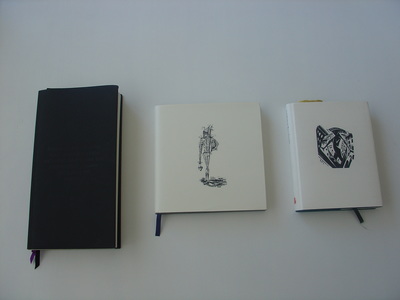
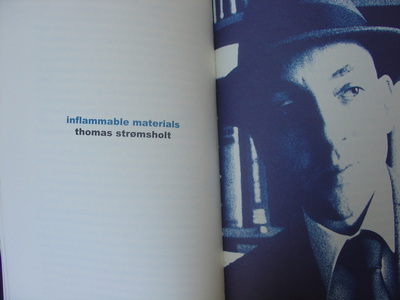
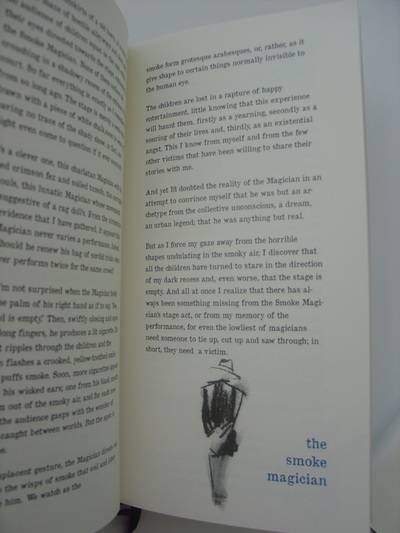
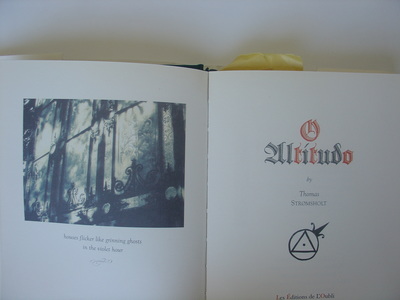
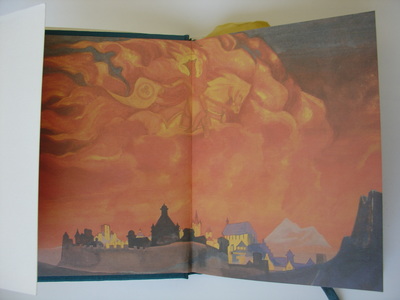
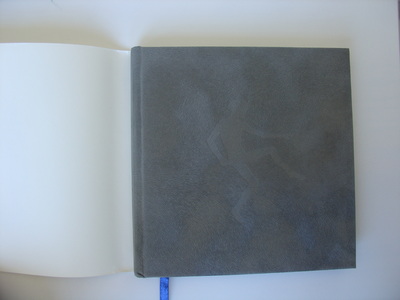
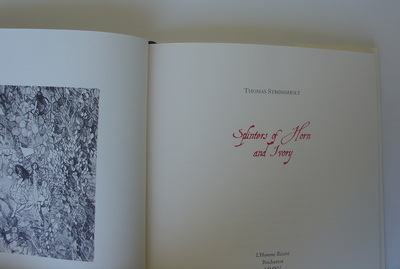
 RSS Feed
RSS Feed
